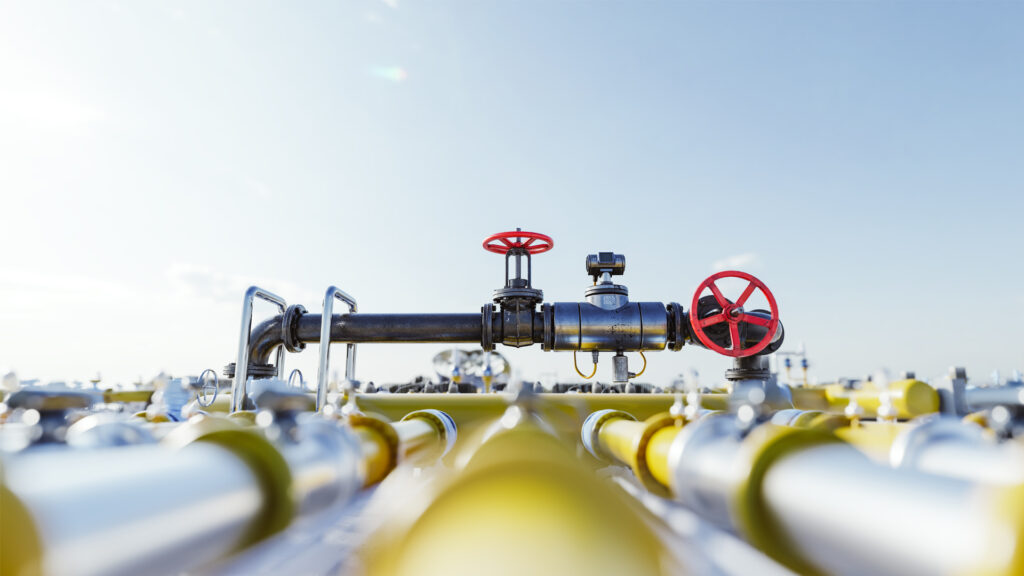By Samantha Kaddis, CLEO Institute
As an environmental activist and lobbyist, I breathed a sigh of relief when a renewable natural gas bill did not make it to Gov. Ron DeSantis’ desk during the 2024 Florida legislative session. That’s right, a so-called renewable bill that died during session has me relieved, and you might be confused as to why.
Hearing the word “renewable” always excites me: Investing in clean renewable energy is how we reduce climate pollution, which is warming the planet and putting Floridians at great risk. Renewable energy is clean and more sustainable than dirty fossil gas.
Thankfully, the “renewable” natural gas bill, Senate Bill 480, died in the legislative process, but we should all be aware that it contained misleading language that appeared to be pro-environment. We call this greenwashing, plain and simple.

I have spent considerable time around the State Capitol and this language almost fooled me into believing that the bill sponsors wanted to grow Florida’s renewable energy supply and dependability. However, it was nothing short of a deception aimed at dressing up new investments in even more methane-based gas infrastructure while perpetuating our harmful dependence on fossil fuels by masking it as a solution.
In its original form, SB 480 aimed to expand renewable natural gas use in Florida by capturing potent methane that is released from landfills, wastewater treatment plants, livestock farms and other operations, then mixing it with gas from fracking and drilling and then allowing the new gas to be sold as a renewable product. The bill did not even specify what percent of captured methane was needed to qualify the mixed product as “renewable,” which would allow utility companies to continue to pollute by releasing dangerous greenhouse gases while fooling their customers into thinking that they are getting a clean renewable product.
The advocacy efforts of grassroots opposition helped get the bill amended to take out the misleading language, “the term ‘renewable natural gas’ may include a mixture of natural gas and renewable natural gas,” greenwashing language that blatantly would have misled Floridians. This small victory shows the importance of community activism and public testimony in the Capitol, but it also reminds me that I and others worked tirelessly over a greenwashing bill that shouldn’t have even been a topic of discussion amid the climate crisis already impacting Florida.

I struggle with knowing that Florida is the Sunshine State, a state where sunlight and opportunity are plentiful and ready for clean energy leadership. Renewable energy, like solar, can grow to be a key player in Florida’s energy economy. Investing in solar energy infrastructure not only reduces carbon pollution but also creates jobs, saves money and fosters economic growth, aligning with long-term interests in mitigating climate change.
SB 480’s defeat is a victory for everyone dedicated to protecting Florida’s natural environment, and demonstrates the power of grassroots activism. However, our work is ongoing. We must continue to fight for equitable access to clean energy for all Floridians.
Let us seize this opportunity to invest in renewable energy solutions and pave the way for a brighter, more sustainable future for all.
Samantha Kaddis is a climate and clean energy lobbyist for The CLEO Institute, a 501(c)(3) nonprofit, non-partisan organization exclusively dedicated to climate crisis education and advocacy. This opinion piece was originally published by the Orlando Sentinel, which is a media partner of The Invading Sea.
If you are interested in submitting an opinion piece to The Invading Sea, email Editor Nathan Crabbe at nc*****@*au.edu. Sign up for The Invading Sea newsletter by visiting here.



